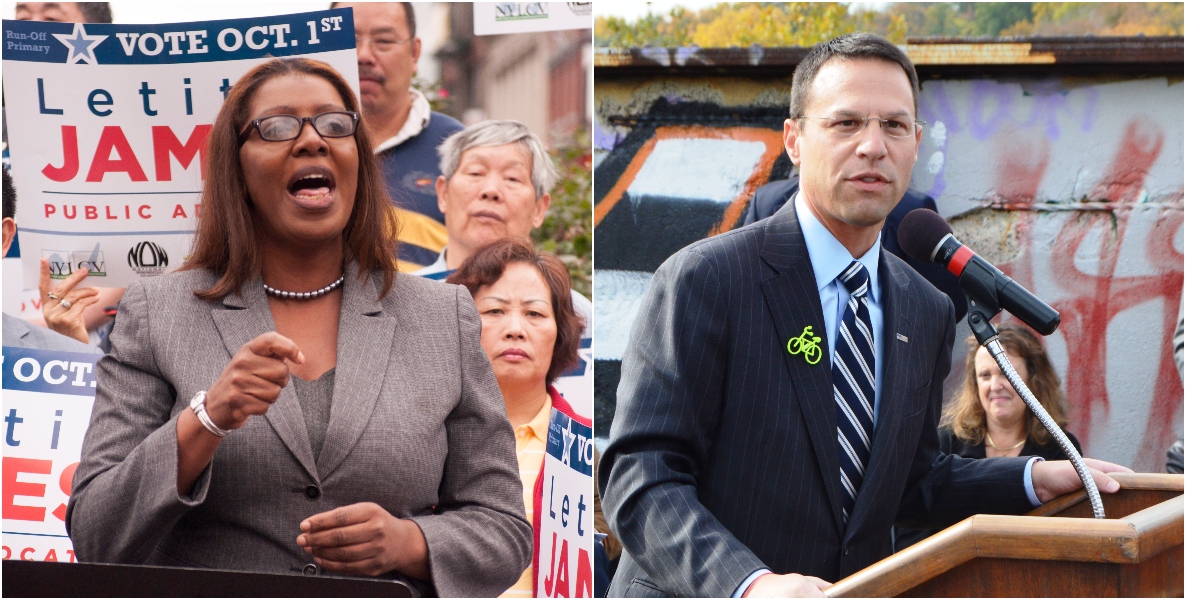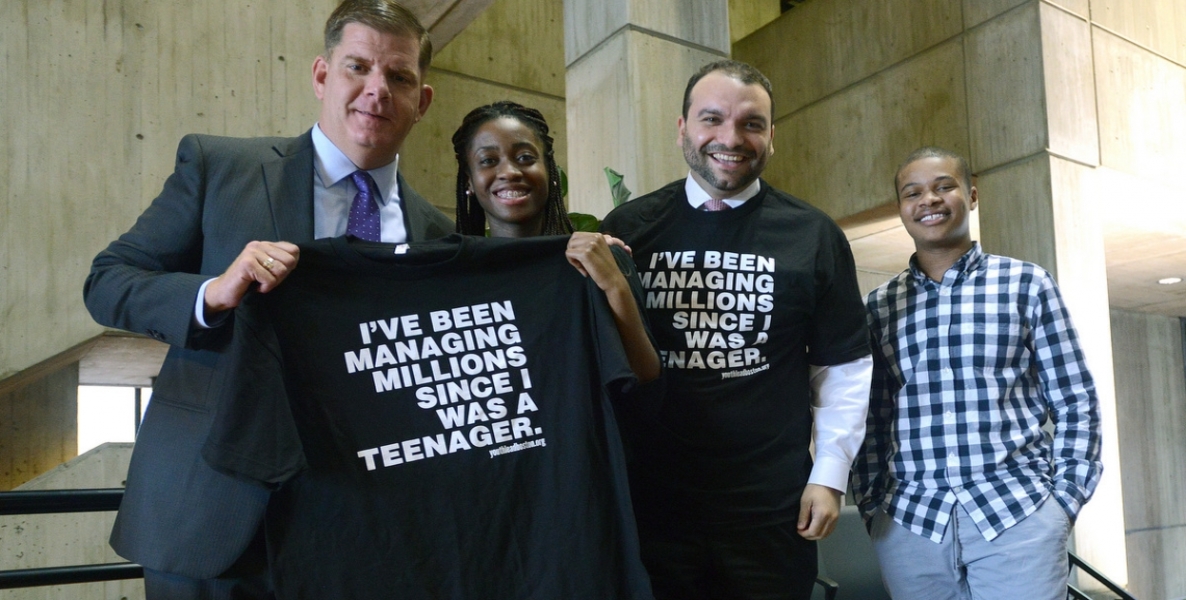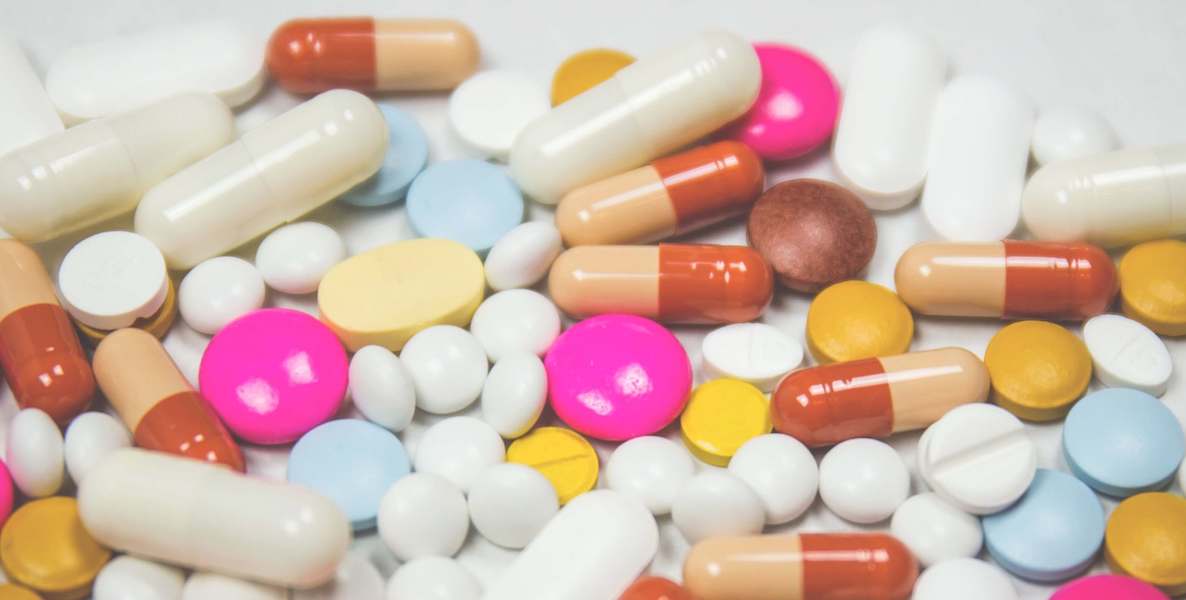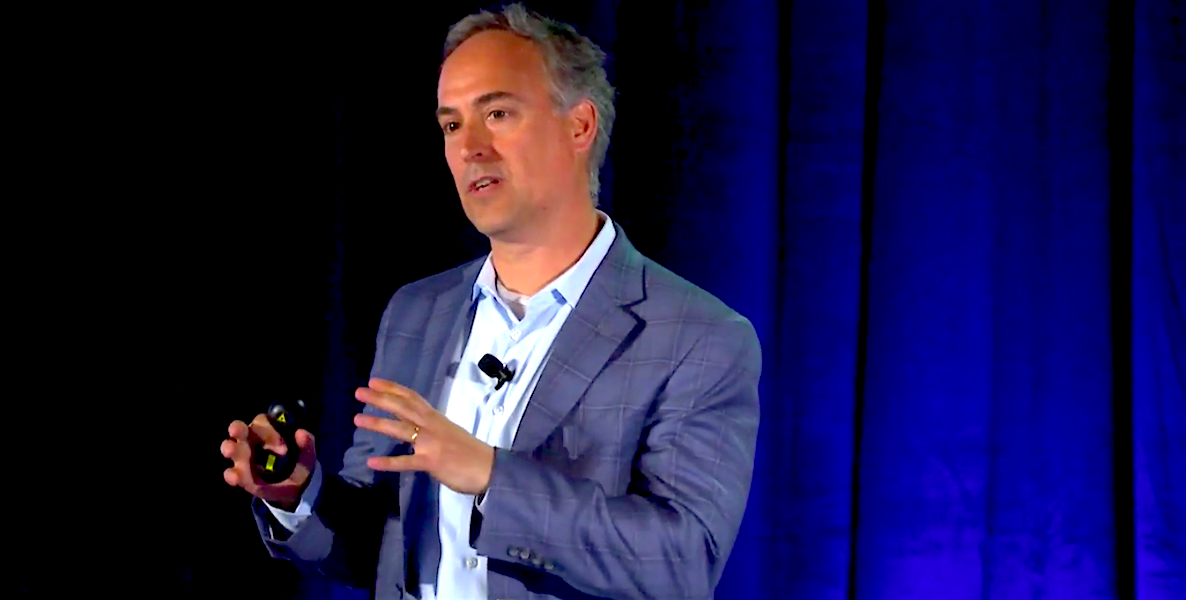The United States produces over 3.5 million tons of medical waste every year, in the form of unused prescription drugs, which are often flushed, tossed, or left to collect dust in bathroom medicine cabinets.
![]() Since 2015, Pennsylvania has done its part to combat the problem.
Since 2015, Pennsylvania has done its part to combat the problem.
The Department of Drug and Alcohol Programs’ take-back initiative has collected and incinerated 145,857 pounds of unused prescription drugs—effectively keeping the medication out of waterways and landfills, and out of the hands of those who may be vulnerable to misuse and addiction.
But what if, instead of going up in flames, those pills could be redistributed to those who desperately need them but can’t afford the sky-high costs?
 In states like Wyoming, that redistribution is already taking place. Since beginning in 2007, the state-run Wyoming Medication Donation Program has collected unused medication from around the country and used them to fill over 150,000 free prescriptions for uninsured residents—an amount worth over $12.5 million.
In states like Wyoming, that redistribution is already taking place. Since beginning in 2007, the state-run Wyoming Medication Donation Program has collected unused medication from around the country and used them to fill over 150,000 free prescriptions for uninsured residents—an amount worth over $12.5 million.
“What’s the alternative? You throw it out, and then you’re wasting something that could help somebody else,” says Sarah Gilliard, program manager of the Wyoming Medication Donation Program. “Nobody’s benefiting. The environment’s not benefiting by unsafe disposal. Somebody who can’t get their medicine is not benefiting. There’re a lot of us on the planet and we all need a little help sometimes.”
The program is authorized by the state’s 2005 Drug Donation Program Act and is coordinated by the Wyoming Department of Health. Donors—most of which are institutions like nursing homes and correctional facilities—ship drugs to the program’s central location in Cheyenne, which then inspects donations to ensure they meet quality standards.
Per the program’s guidelines, medication cannot be a controlled substance, require refrigeration, be in unsealed packaging or be expired. Approved medication is then sent to participating pharmacies, which distribute them to enrolled patients.
To qualify, patients must submit an application that proves that they are Wyoming residents, that they do not have insurance coverage for prescription drugs and that their household income falls below 200 percent of the Federal Poverty Level.
In 2019, the Wyoming Medication Donation Program collected $3.6 million worth of medication, filling just over 9,000 prescriptions.
And the program is growing. According to Gilliard, the Wyoming state legislature approved an expansion in 2018, allocating funds to double the program’s staff and provide a new, larger facility to house donated medication.
![]() So far, 38 states have policies on the books to allow for similar programs. Pennsylvania is currently not one of those states. But in 2017, it had the chance to become one.
So far, 38 states have policies on the books to allow for similar programs. Pennsylvania is currently not one of those states. But in 2017, it had the chance to become one.
That’s when Rep. Eddie Day Pashinski, a Democrat serving Luzerne County, introduced House Bill 79, which would have established a drug donation program like Wyoming’s in Pennsylvania. It was referred to the health committee, where it died.
The bill was meant to combat just one of the many problems Pashinki sees in the country’s healthcare system: obscenely high prescription drug and treatment costs.
“There’s no way regular folks could afford cancer treatment without the healthcare plans they have,” Pashinski says. “You’re bankrupt, you die.”
“There’s no way regular folks could afford cancer treatment without the healthcare plans they have,” Pashinski says. “You’re bankrupt, you die.”
According to a 2019 Gallup poll, 58 million American adults reported they were unable to pay for needed drugs in the previous year. That’s almost certainly the case for many people in Pennsylvania, where the uninsured rate hovers around five percent.
Even for those with insurance or Medicaid, co-pays for prescription medication can be overwhelming. In 2016, for example, the average annual cost of insulin to treat diabetes—a common ailment among poorer Philadelphians—reached $5,705.
Pashinksi endorses a national single-payer healthcare system and is a fierce advocate for the Affordable Care Act. And while prescription drug donation would be only a band aid for the structural problems Pashinski identifies in the current healthcare system, until more sweeping changes are made, a program like Wyoming’s has the potential to help hundreds of thousands of Pennsylvanians afford life-saving medication.
So why hasn’t the idea taken off here? A possible answer to that question can be found in yet another failed piece of medical donation legislation: Senate Bill 638, which established a Cancer Drug Repository Program in Pennsylvania in 2008. Michael Neal of Washington, PA, pushed for the legislation in honor of his wife, who passed away from neuroendocrine pancreatic cancer.
The program would operate like Wyoming’s, but would only accept and distribute drugs meant to treat cancer and its side effects.
Though the bill passed successfully, a comprehensive program has yet to materialize. Philadelphia’s Shop and Carry Pharmacy, run by the nonprofit Pharmacy Wellness Group (PWG), is one of only two participating vendors in the program. PWG partners with local non-profit organizations that serve vulnerable populations, to help them distribute free medications to their clients.
Co-founder and pharmacist Jittu George says that, upon hearing about the cancer drug repository, he was eager to participate as a way to continue advancing PWG’s mission of providing prescriptions for those in need. But since signing up in 2016, the pharmacy has not received a single donation for the repository, let alone filled a prescription.
George primarily blames this standstill on lack of awareness. The state legislature passed the bill, but has not allocated any funds to inform state hospitals and nursing homes that donation is an option, and patients do not know that the program is a possible resource. Further, under the rules of the program, it’s difficult to find patients eligible to participate.
“To qualify for the program you need to be ineligible for medical assistance, so you’re really targeting a population that needs to meet the income limits but doesn’t qualify for Medicare and Medicaid,” George says, leaving very few people who meet that description.
If it wants to raise awareness for its cancer drug repository program and smooth out the kinks in recruitment, or establish a general medication donation program, Pennsylvania has an eager partner waiting in the wings: SIRUM, a Palo Alto-based nonprofit co-founded by Philadelphia native Kiah Williams. SIRUM provides a website that makes it easy for organizations and individuals to understand what medications they can donate and choose the best recipient.
![]() “And then we help with the nitty gritty, like if there is a manifest that needs to be printed, if there’s a shipping label,” Williams says. “We help schedule pickups with common couriers and really just try to reduce the friction.”
“And then we help with the nitty gritty, like if there is a manifest that needs to be printed, if there’s a shipping label,” Williams says. “We help schedule pickups with common couriers and really just try to reduce the friction.”
Under current legislation, Pennsylvania residents and institutions can use SIRUM’s platform to donate medication—just not to Pennsylvania-based pharmacies.
SIRUM also provides legal advice to states hoping to establish their own medication donation programs. And as a native of Pennsylvania, Williams is eager to help her home state get its own on the books—and is keeping her phone lines open to state lawmakers.
“If states like California, Ohio, Wyoming, Georgia can create very robust programs, why can’t Pennsylvania?” Williams says. “I know that it can. So call us.”
The Citizen is one of 20 news organizations producing Broke in Philly, a collaborative reporting project on solutions to poverty and the city’s push towards economic justice. Follow the project on Twitter @BrokeInPhilly.
Photo by freestocks on Unsplash









